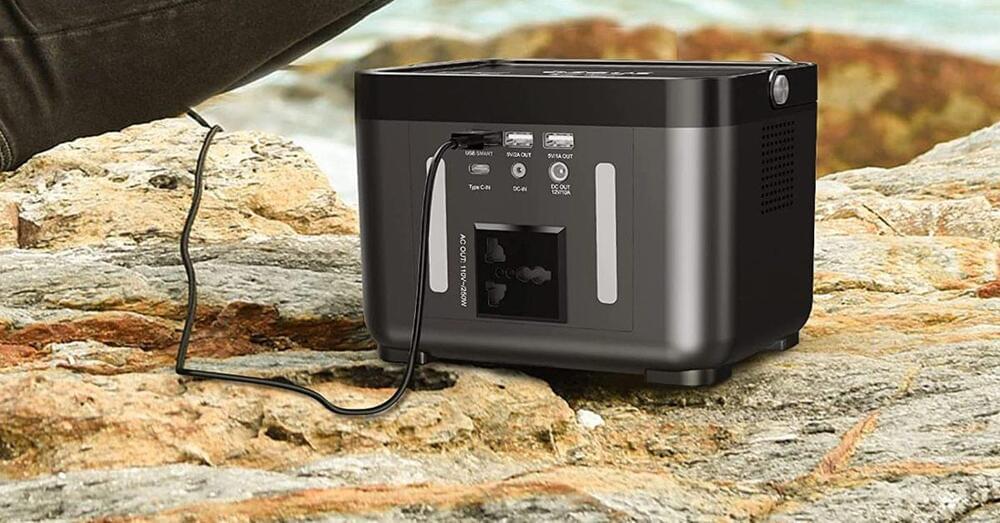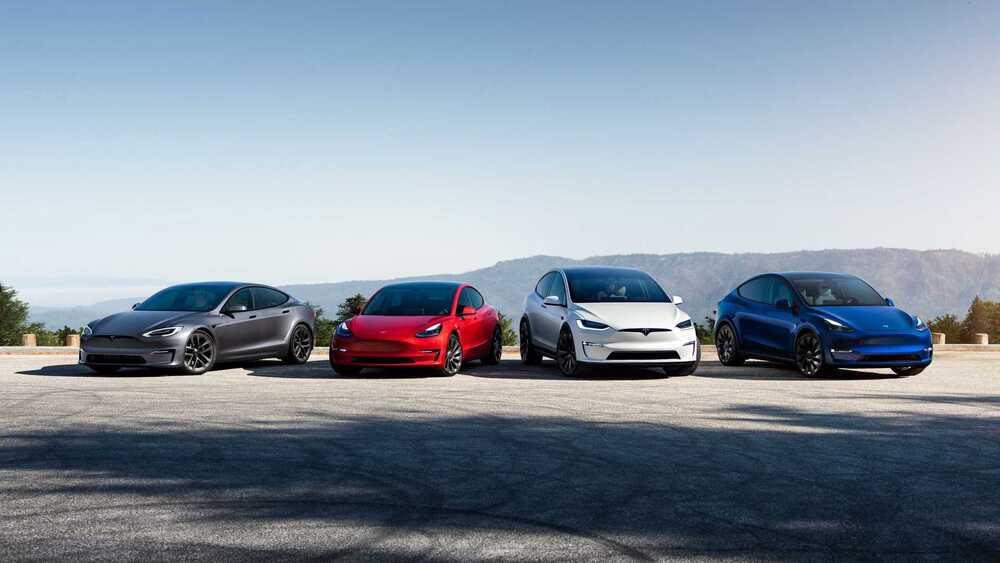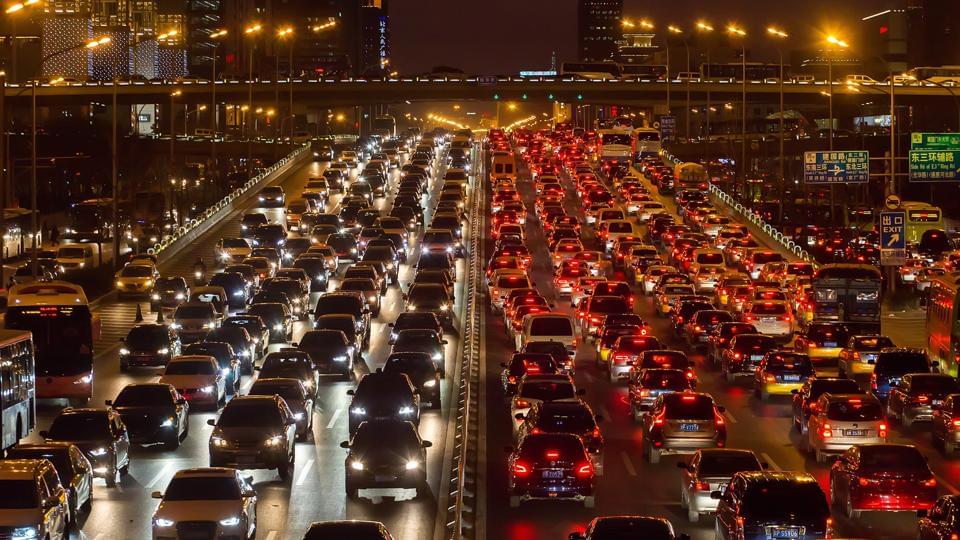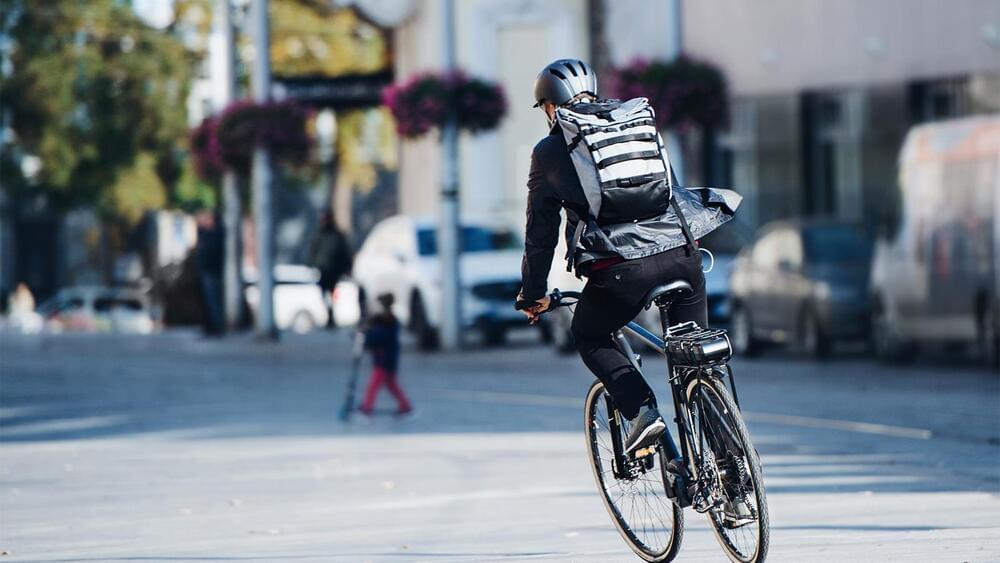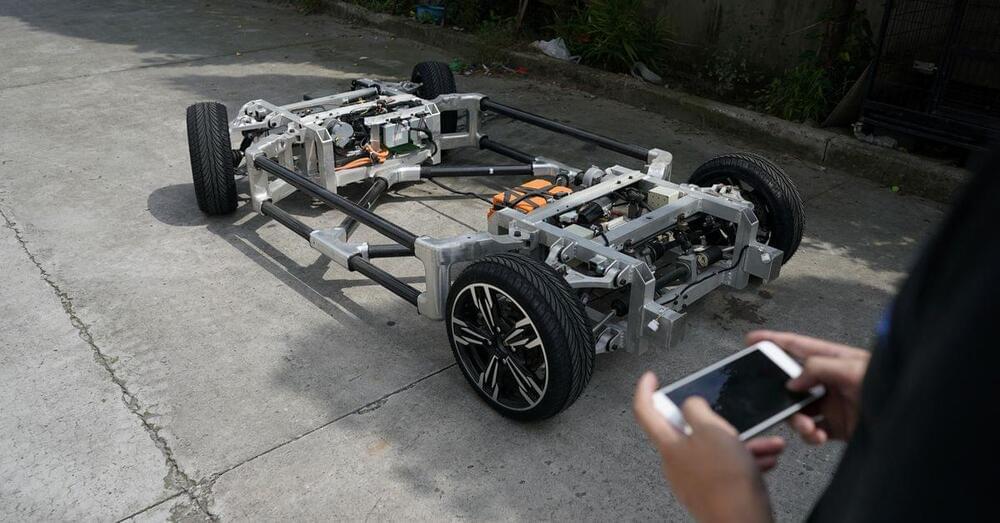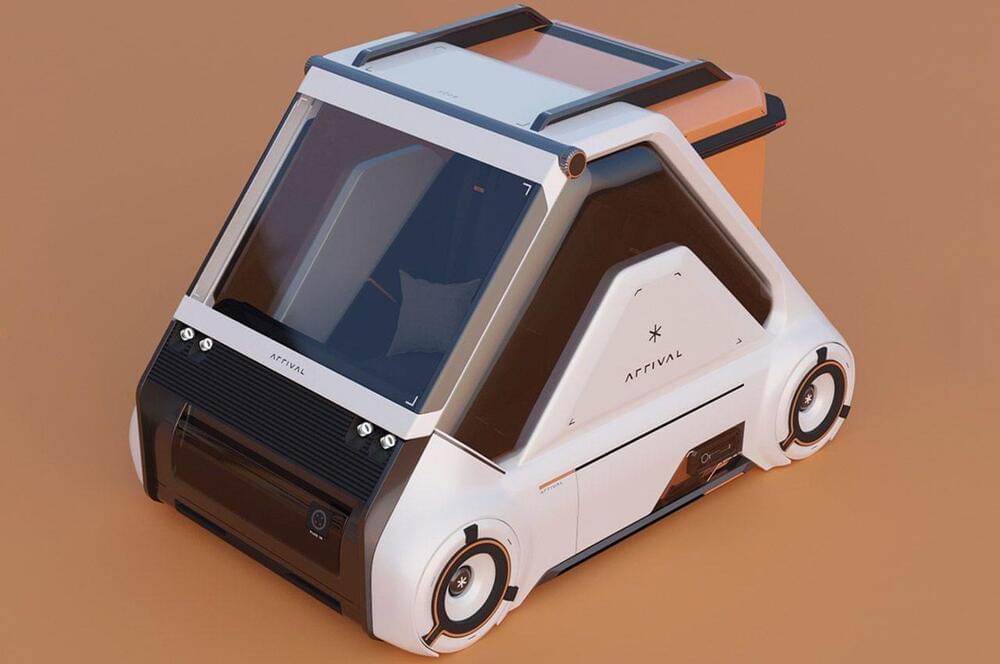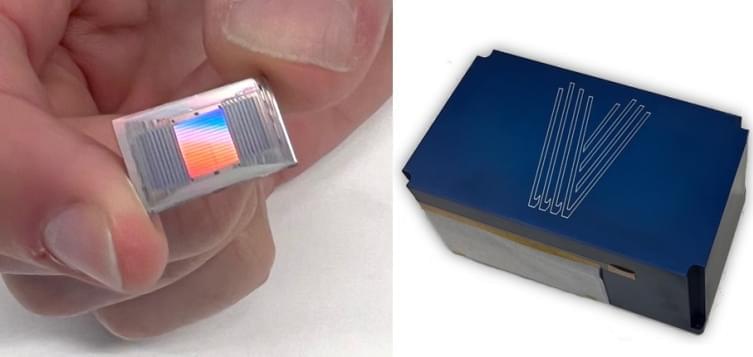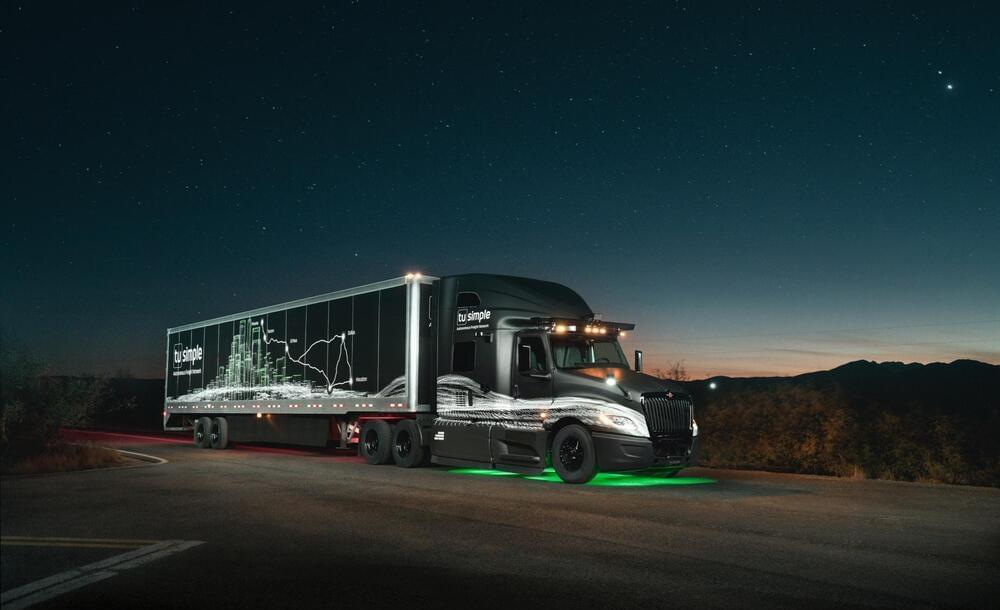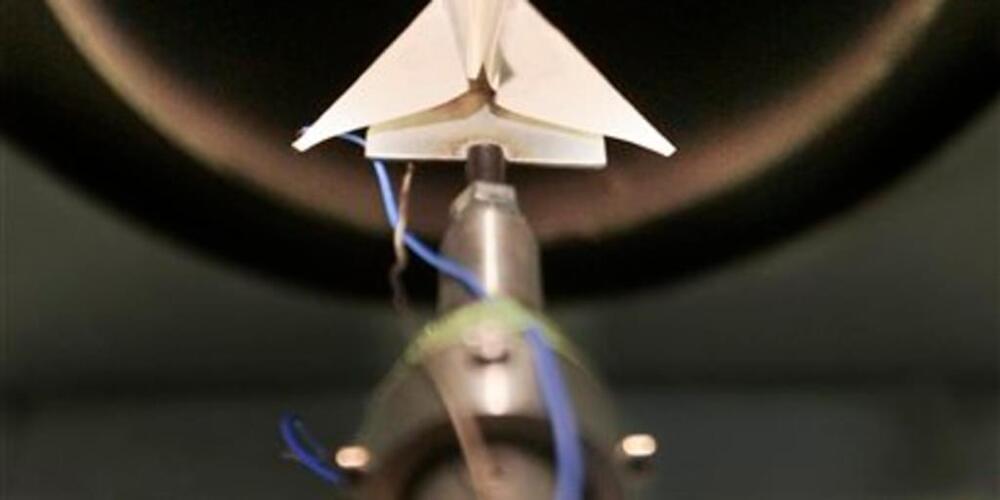If you’re wanting to be prepared for any situation that arises, having a portable power station in an emergency kit is a solid choice all around. The DBPOWER model on sale today offers a few crucial features to have on hand in an emergency. The 250W AC plugs can power small appliances and other crucial devices if the power goes out, and there are two USB-A and an 18W Type-C port in addition to an LED light and the ability to recharge via solar panels or your car. It’s a solid package all around for its sale price of $135, making now a great time to pick it up. You’ll also find discounts on electric lawn mowers and much more below, as well. We also have a wide selection of Tesla, Greenworks, and other e-bike discounts in today’s New Green Deals, so you won’t want to miss that either.
Head below for other New Green Deals that we’ve found today, more on why going electric for your yard tools like the mower on sale is important, and of course Electrek’s best EV buying and leasing deals. Also, check out the new Electrek Tesla Shop for the best deals on Tesla accessories.
Natrogix (96% positive lifetime feedback) via Amazon is offering the DBPOWER 250Wh Portable Power Station for $134.99 shipped once you clip the on-page coupon. For comparison, you’re saving $45 here and scoring one of the best prices of the year here. This portable power station delivers an AC wall outlet with 250W of power available to run things like small appliances, TVs, coffee makers, CPAP machines, and more. On top of that, there are two USB-A ports with 2A/1A outputs, an 18W Type-C output, and more. This portable power station also delivers three charging methods that range from a standard 110V socket to a car 12V/24V adapter or even solar panels. You’ll find a built-in LED flashlight that features three modes as well allowing your new portable battery to be very multi-functional.
